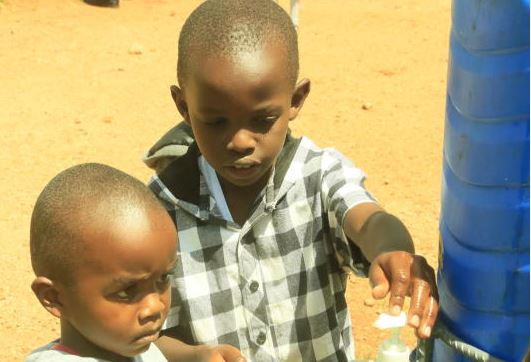×
The Standard e-Paper
Kenya’s Boldest Voice

As coronavirus outbreak takes a toll worldwide, it seems to have largely spared children, leaving some thinking that the young ones are immune to the virus.
But this narrative has been disproved after Kenya reported the death of a six-year-old boy at the Kenyatta National Hospital (KNH). The boy, who had chronic anemia, succumbed to the disease on April 3, 2020.